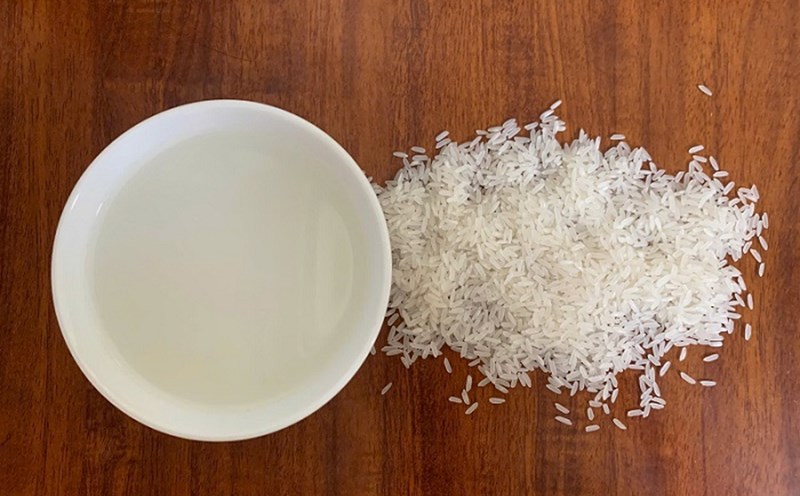Mr. Hoang Ngoc Tien (Go Vap District) said that for more than 2 years, he has often felt itchy at night, accompanied by dandruff and redness on his face: "I have secretive dermatitis, I take medicine and it returns every time the weather changes. After going out for a few days, it was unbearable and I had to go to the hospital for examination.
Not only Mr. Tien, Ho Chi Minh City Dermatology Hospital receives hundreds of patients for examination every day due to skin problems that worsen when the weather changes. People with sensitive skin are very susceptible to environmental impact, causing disease to recur frequently.
Dr. Bui Manh Ha, Deputy Director of Ho Chi Minh City Dermatology Hospital, said: Although it is not the peak season, the hospital still receives nearly 3,000 visits per day, many of which are related to hot weather. High temperatures and increased UV index create favorable conditions for bacteria and fungi to grow, leading to dermatological diseases".
According to Dr. Ha, prolonged exposure to sunlight can cause skin burns to many degrees, from mild redness to blistering. The extent of the impact depends on the skin color, duration of contact, and UV ray concentration. Light skin is more prone to sunburn due to the lack of protective melanin, Dr. Ha explained.
In addition to sunburn, hot weather can also cause light skin inflammation - a skin inflammation caused by UV rays. People with this disease may experience swelling and blistering. Certain medications, foods, or exposure to plant and plant plastic can also increase light sensitivity, leading to allergies or hyperpigmentation.
Hot and humid weather also causes the body to sweat and become greasy, changing the skin's pH, especially in the groin and underarms - areas prone to dermatitis, fungal infections or acne. Every day I receive many patients infected with fungi, especially in the groin and buttocks - the consequences of wearing wet, unbreathed clothes, Dr. Ha added.
To prevent dermatological diseases in hot weather, doctors recommend that people: Drink more water than usual. Eat enough green vegetables and fruits to supplement vitamins. Use sunscreen and cover yourself thoroughly when going out.
Proper daily skin care is the best way to protect your skin from erratic changes in weather, Dr. Ha emphasized.










